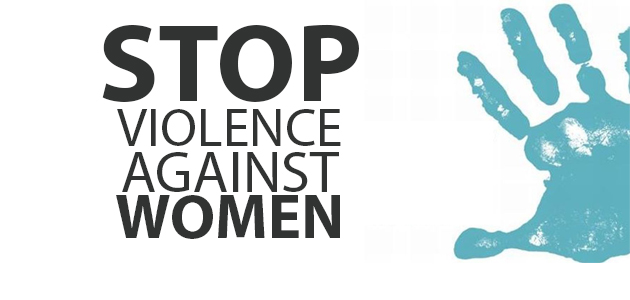OHIO —I had the privilege and pleasure of spending four days as Ben Franklin in events connected with the Dayton Tea Party people, and their allies. Saturday I spoke at a special dinner for prime supporters and workers. Tuesday I spoke at the main rally in the Nutter Center. In between, I visited with nine different school classes in the Dayton area. Those are what I want to talk about today.
One of the events was a session with an after-school program at a church in Springfield, Ohio, for “at risk” kindergarten, first and second grade students. Another was a combination of two fifth-grade classes in a school that has won awards of excellence for nine years running.
In the latter, the students stood and recited the Preamble of the Constitution, with more or less accuracy in the precise words. They were the highest grade students I encountered, and also the most prepared. They had studied the Constitution and had studied Franklin’s life. I was very impressed by how much they knew and how good their questions were, but they aren’t the ones I came to talk about today.
Before we get to the main subject, just one detail from all the classes I spoke with —not one of the students in any of the classes had ever seen a copy of Poor Richard’s Almanack. Yet, I challenged them to complete a sentence that Franklin wrote in the Almanack, 250 years ago. “Early to bed and early to rise, makes a man healthy, wealthy and [WORD].” All of the classes successfully came up with the right word.
And now to the point. The Eagle & Dove Academy is a program for “at risk” students in the 10 elementary schools in Springfield, which in turn is the second weakest school district in Ohio, I was told. All the children in this program were in the bottom 5 percent of their classes. The program was run by an official of a local church. It was staffed by teachers’ aides who were paid very little for the responsibilities they undertook. This was clearly a labor of love.
When talking about the Declaration of Independence, I always quote the last line of the document, where the signers mutually pledged their “lives, fortunes, and sacred honor.” Then I’d ask the students about the meaning of the word “lives.” I wanted the students to recognize that at the beginning of America, people were subject to being killed, for expressing negative opinions about the King of England.
One young man, first grader I think, put up his hand. He didn’t want to ask a question. He wanted to make a statement about violence and killing. He talked about his father showing him a movie with killing in it. He said his father was “at Milwaukee.” I had to listen for a while to understand what he was getting at.
I didn’t ask for his name. I didn’t talk to him afterward. I didn’t ask his teacher or the head of the program about him. I didn’t want to intrude. But what I gathered was that his father was doing hard time in a prison at Milwaukee for a crime of violence, perhaps murder. (The program director did tell me that about one in eight of all the students in the Eagle & Dove Academy had a parent currently in prison, usually the father,)
What I gathered was that this young boy lived in a world surrounded by violence. It was in his home, his neighborhood, his life. He was forced to think about that, day and night. My heart went out to him, to his teachers, to the director of the program who were all trying to help him survive and surmount his surroundings.
Ideas of freedom and justice in a government don’t matter a great deal to anyone whose life is broken at the most basic level. All that Ben Franklin could do for this young man was listen to him, and pay attention to what so mattered to him. So, that’s what I did. But I will remember him for a long, long time. I hope he succeeds in breaking the cycle, but the cards are stacked against him.






